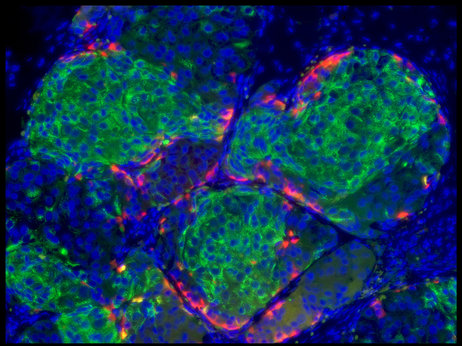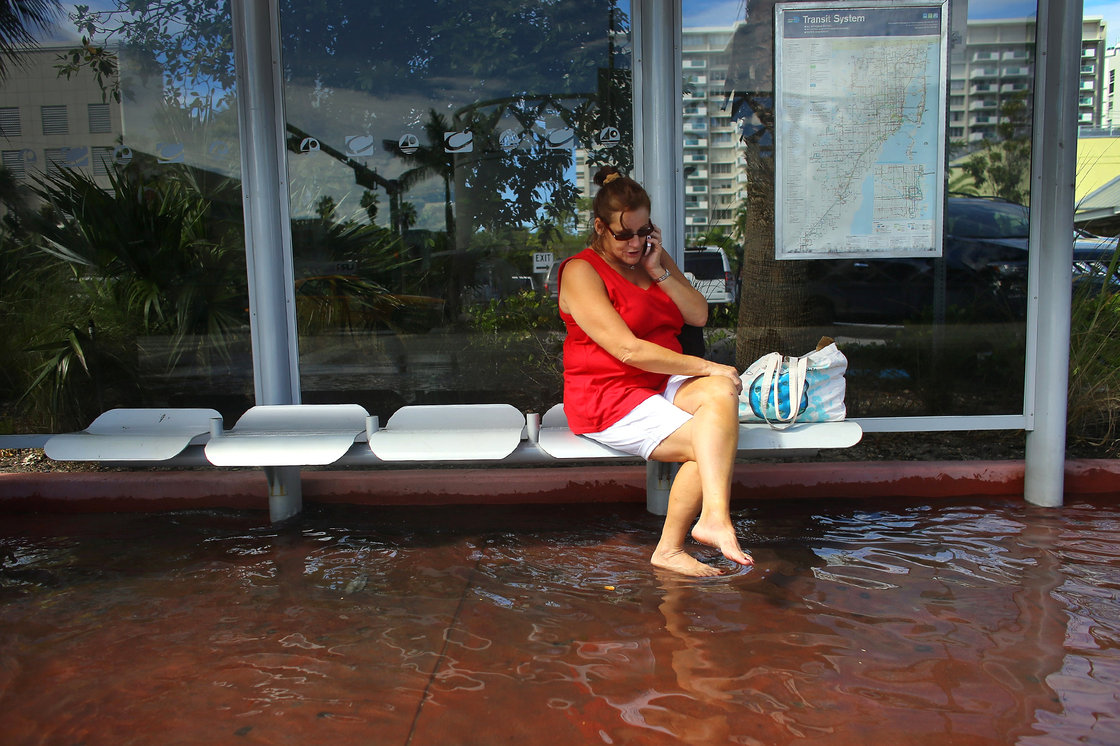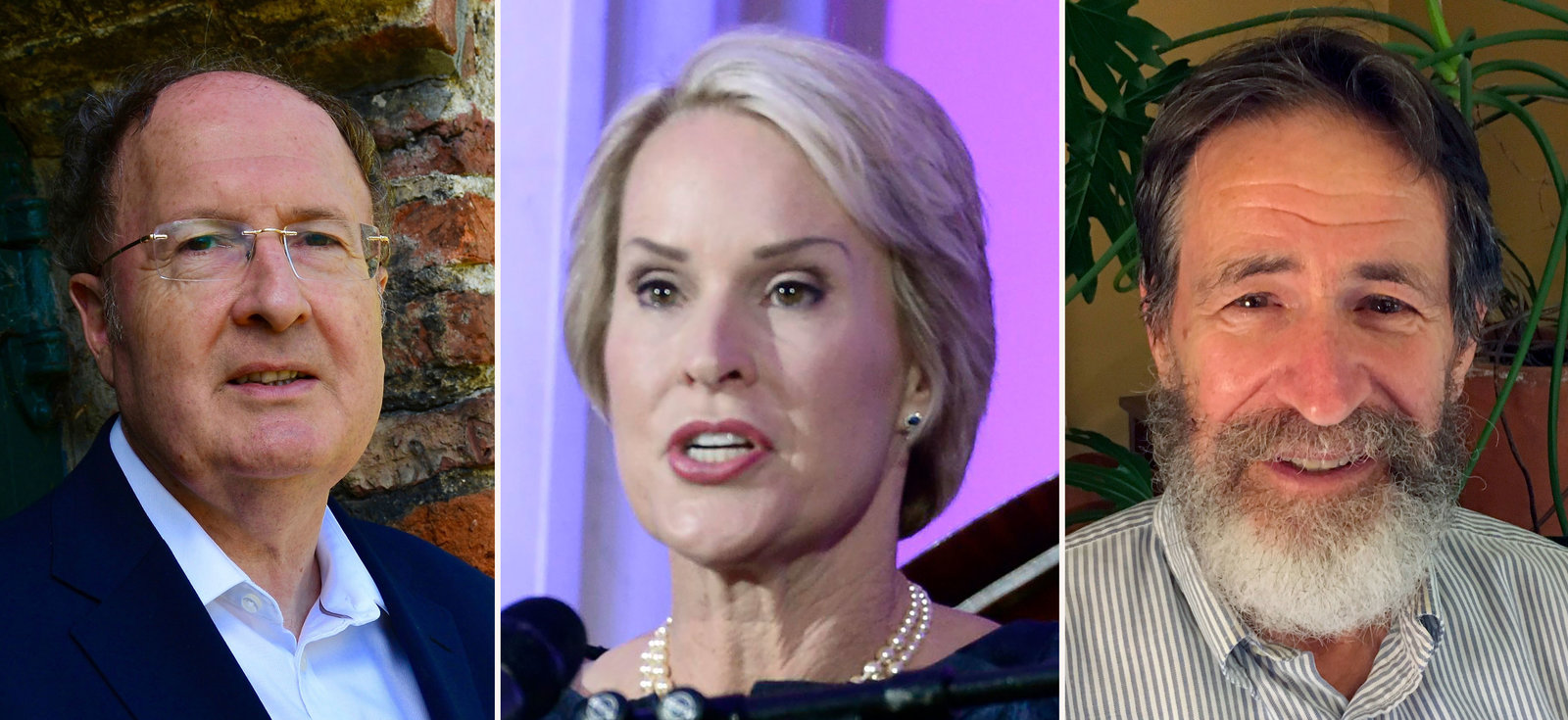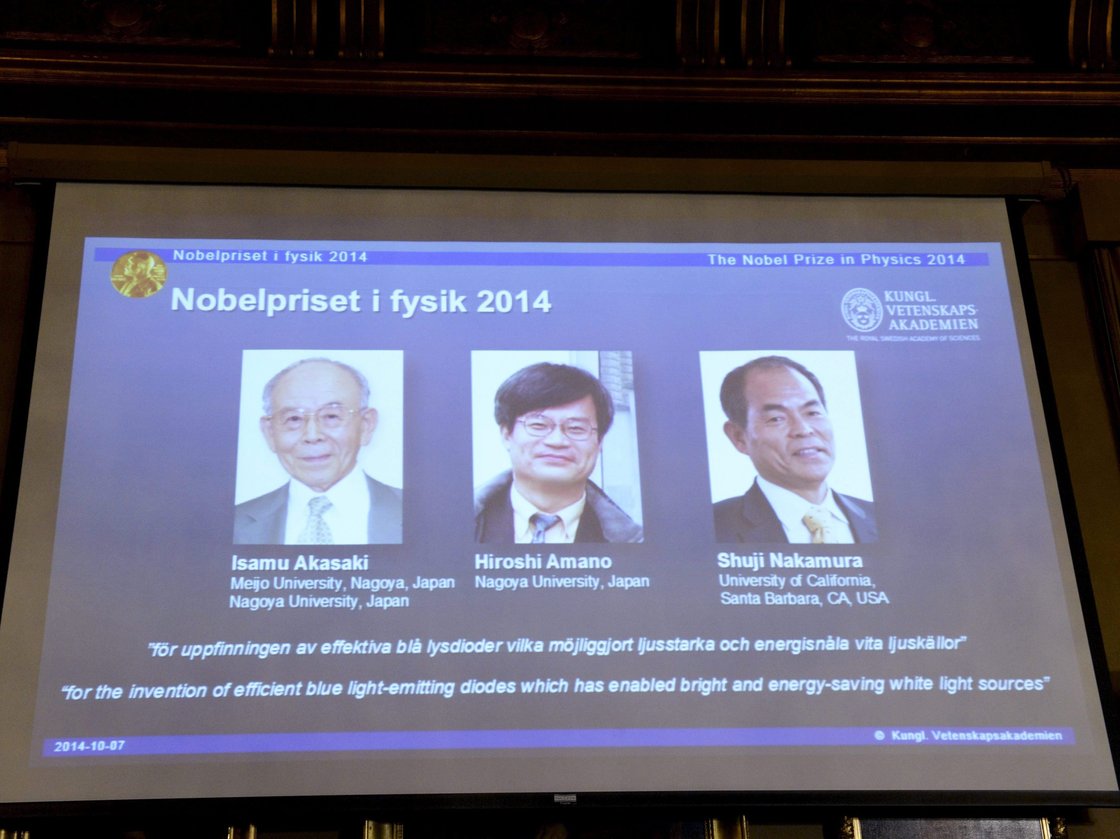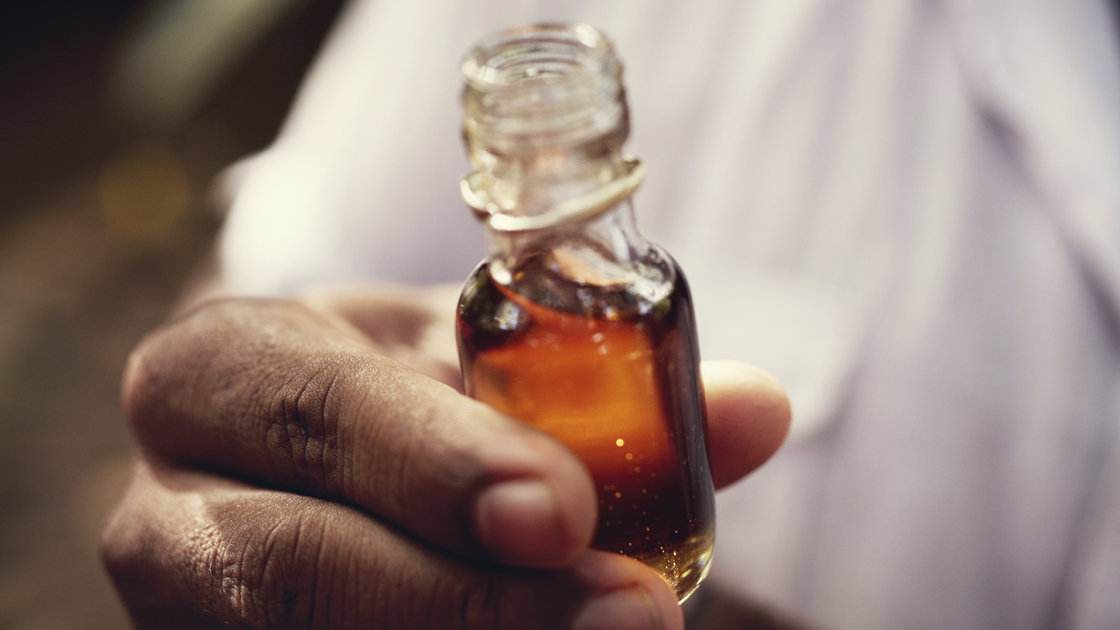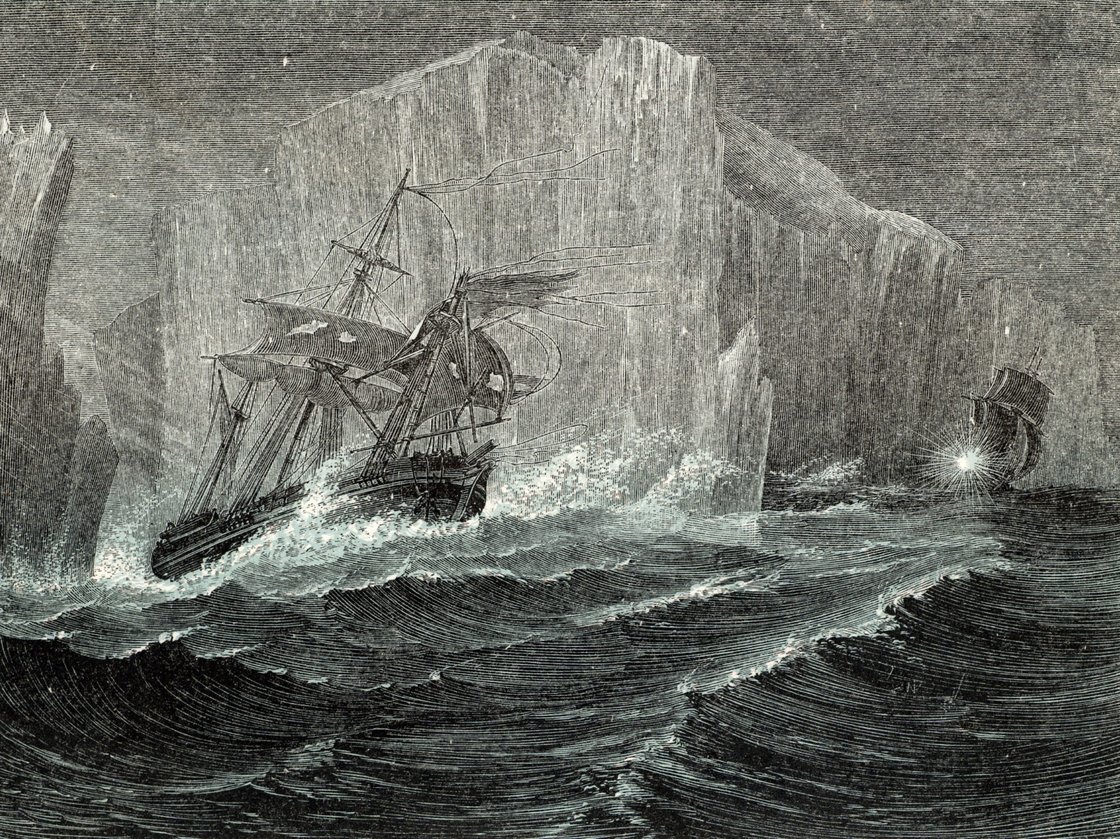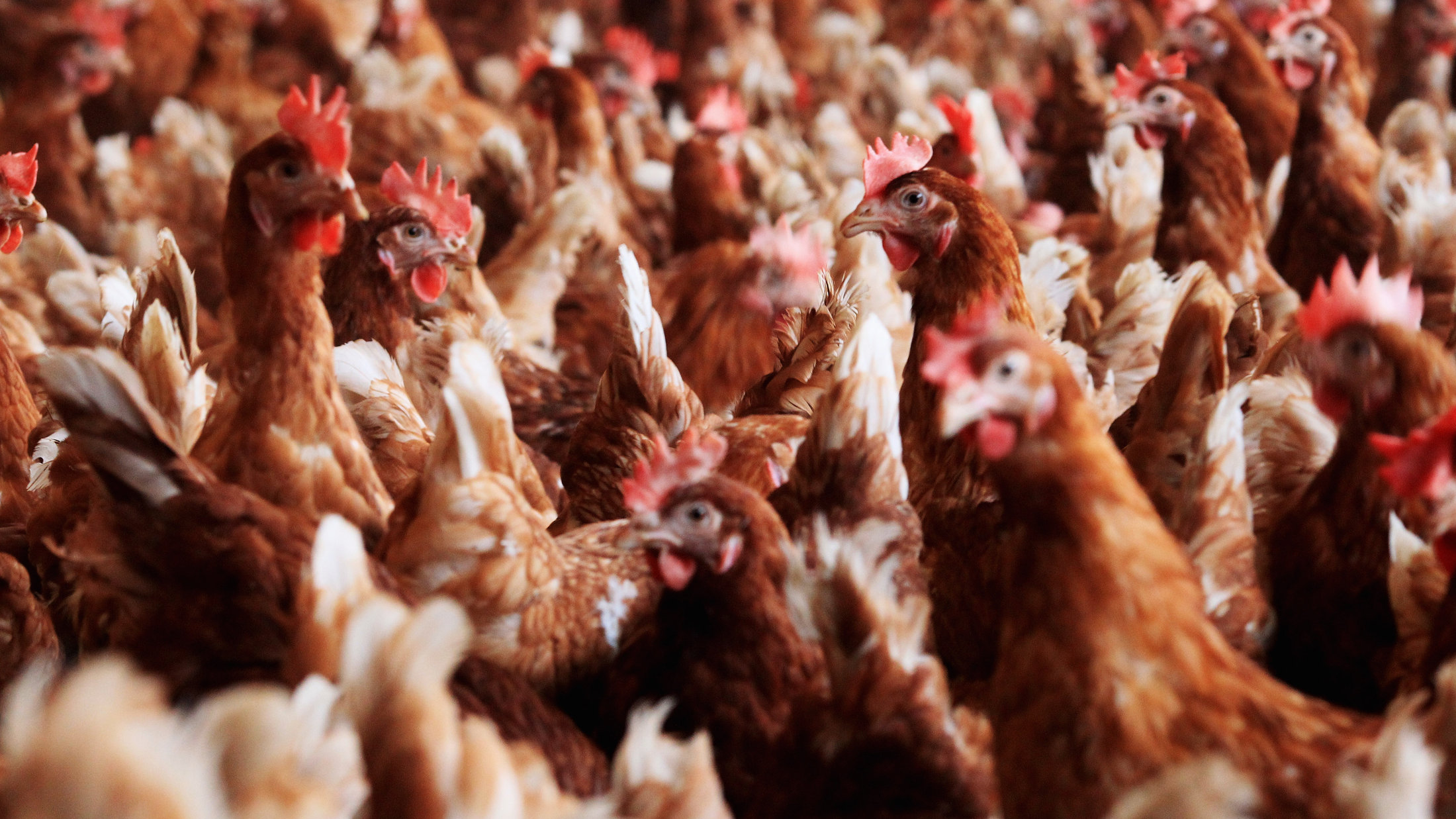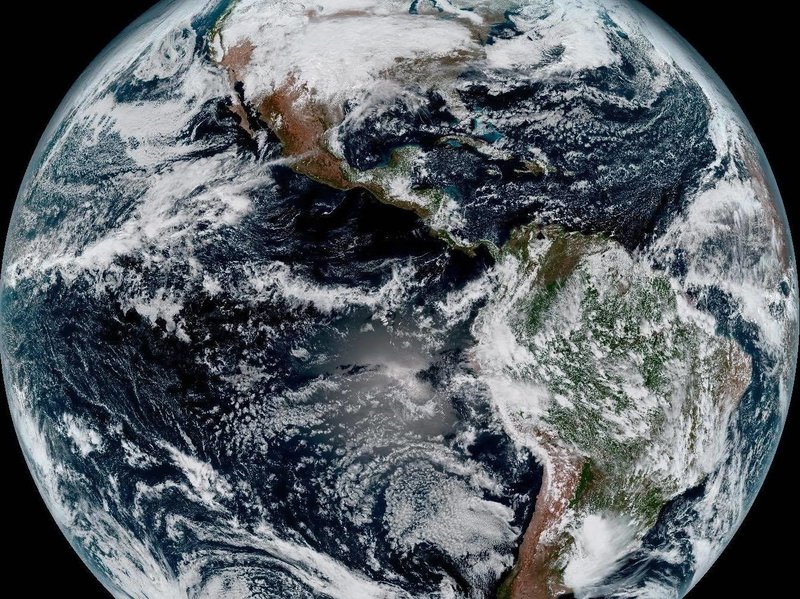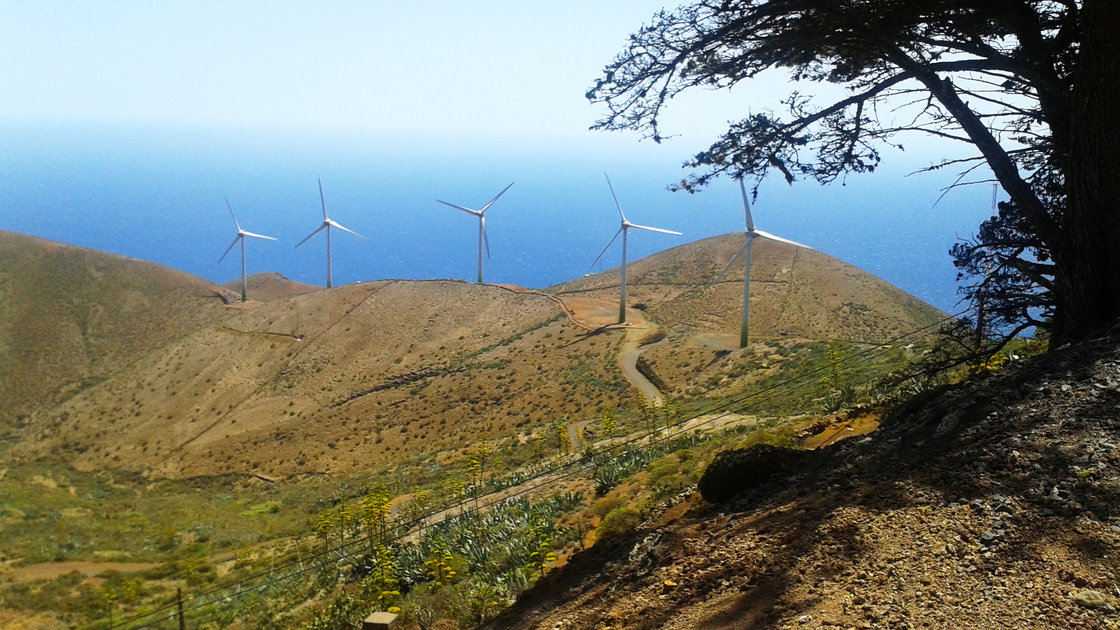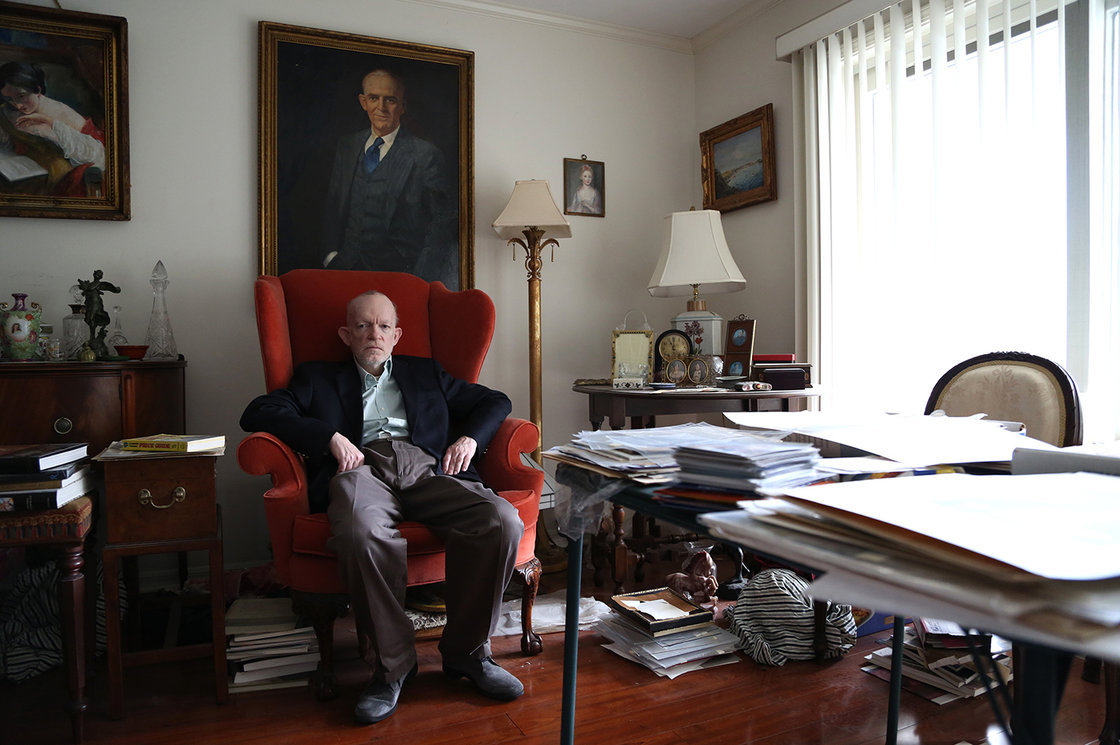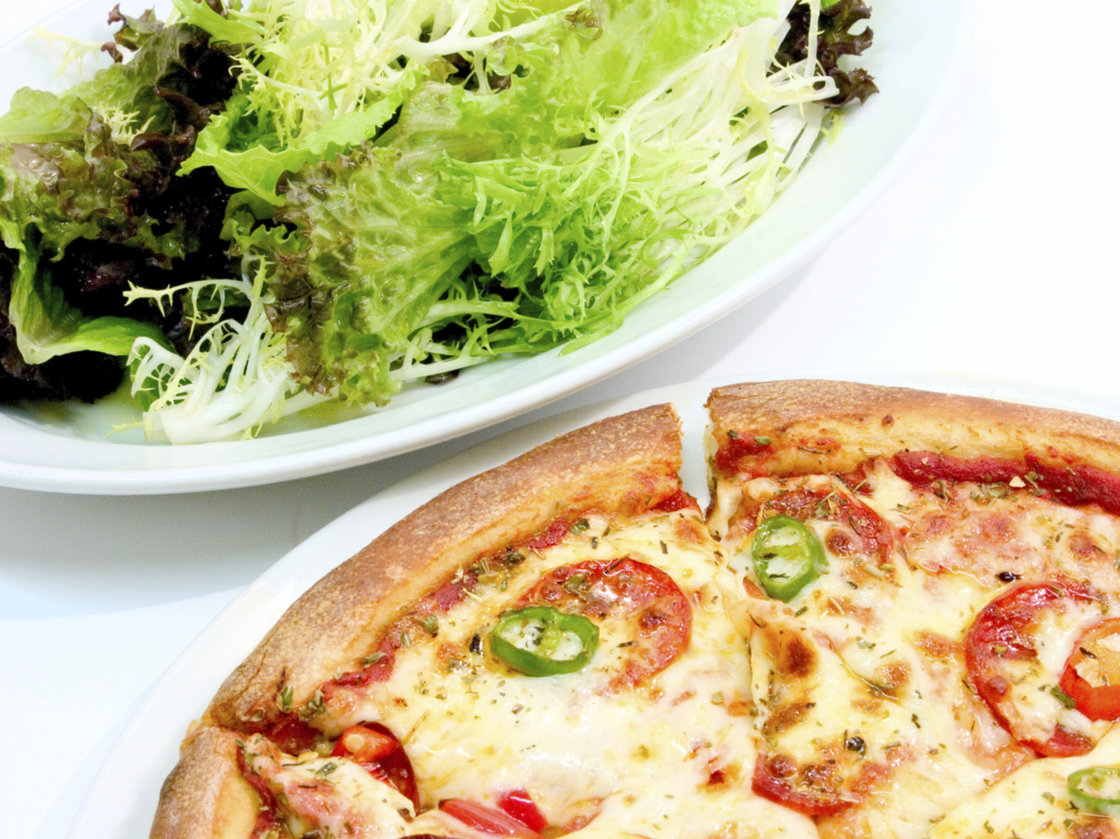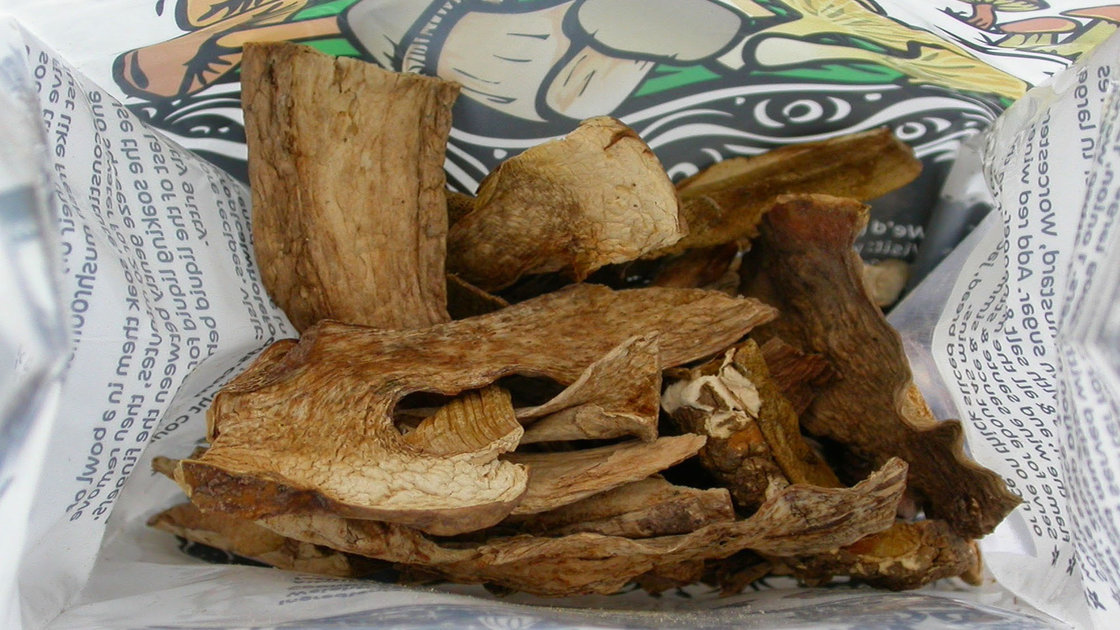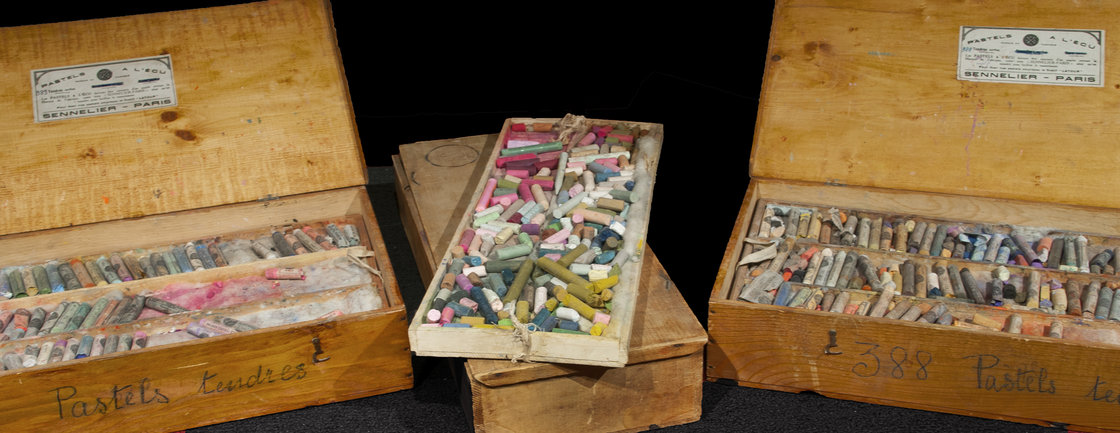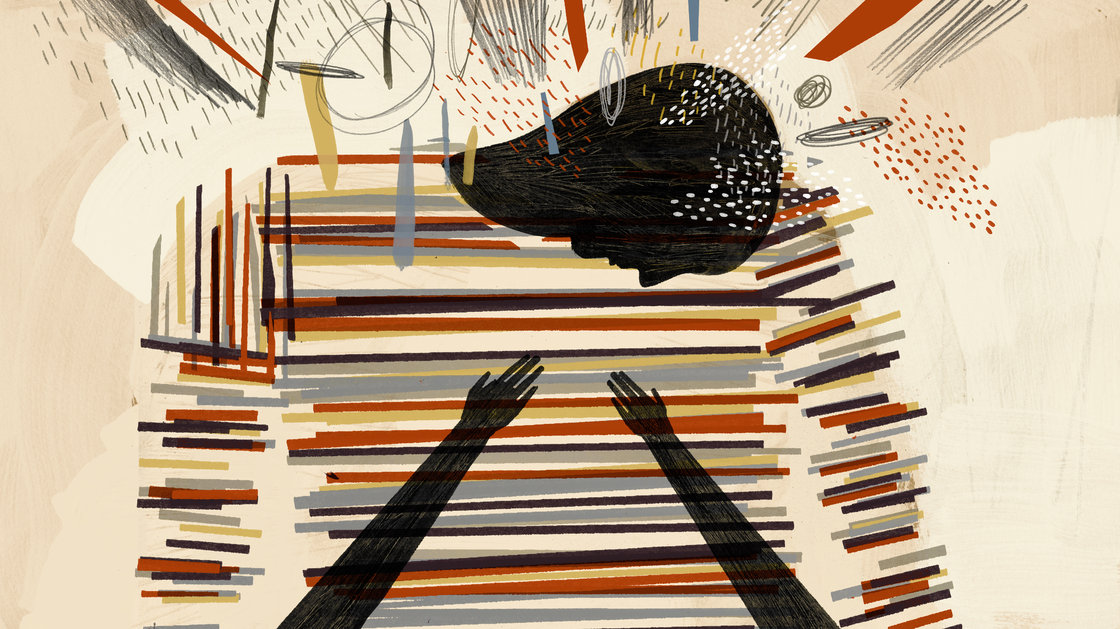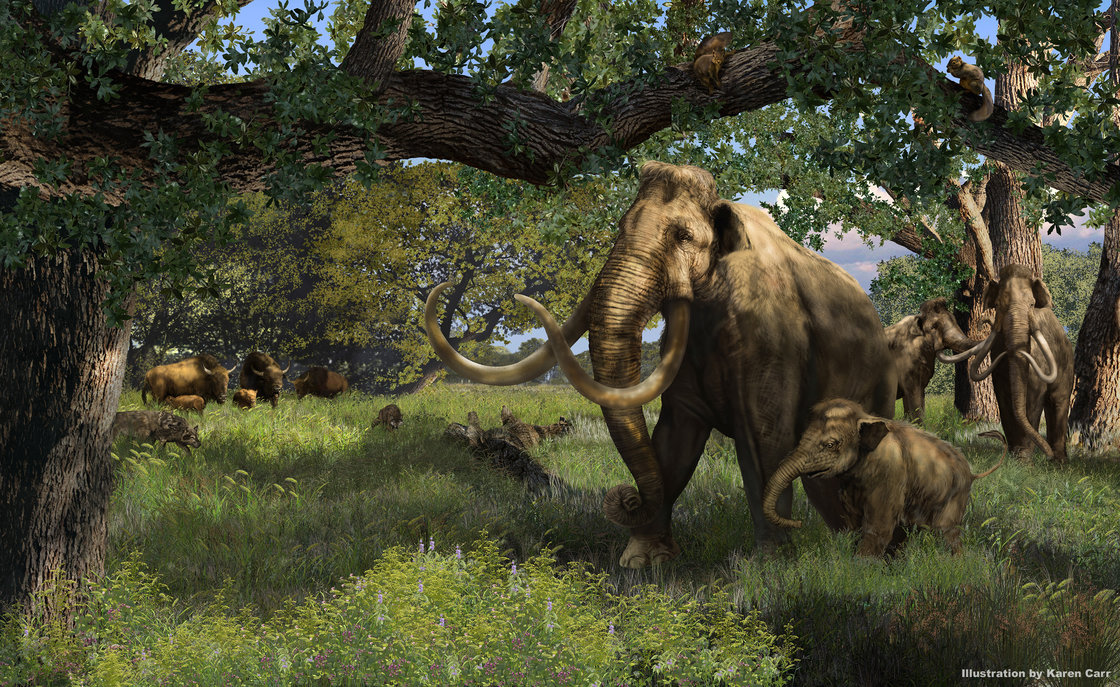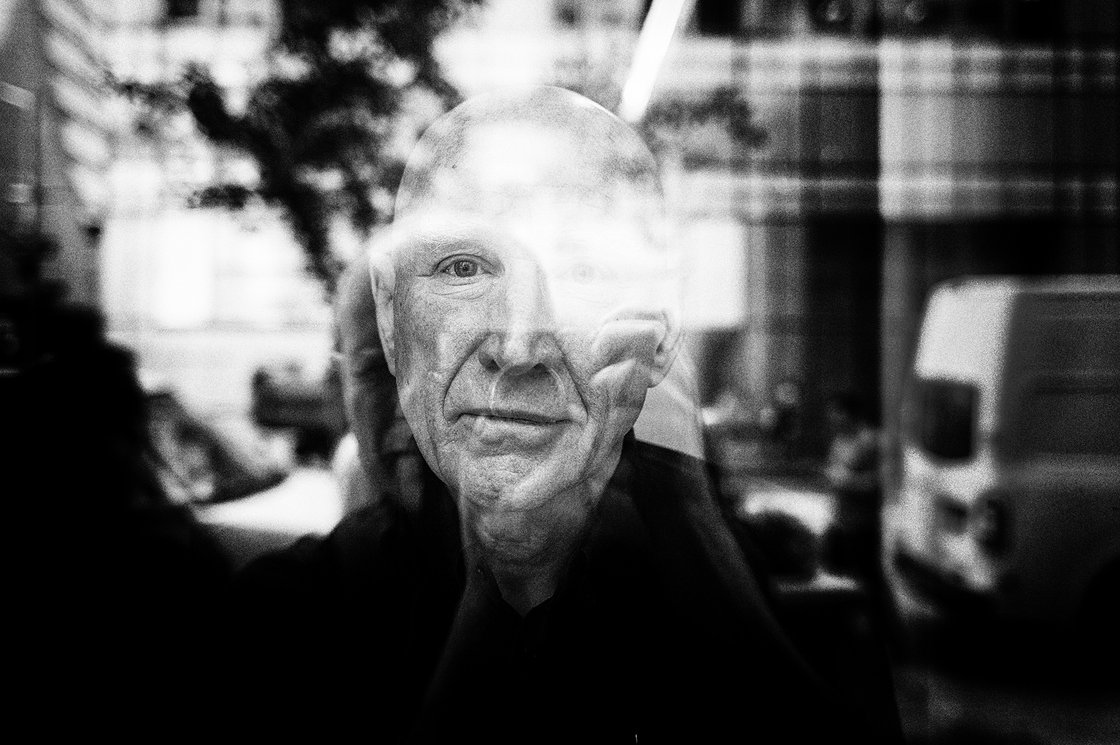 Monday, October 13, 2014 at 10:32AM
Monday, October 13, 2014 at 10:32AM "Whether they admit it or not, many (if not most) scientists secretly hope to get a call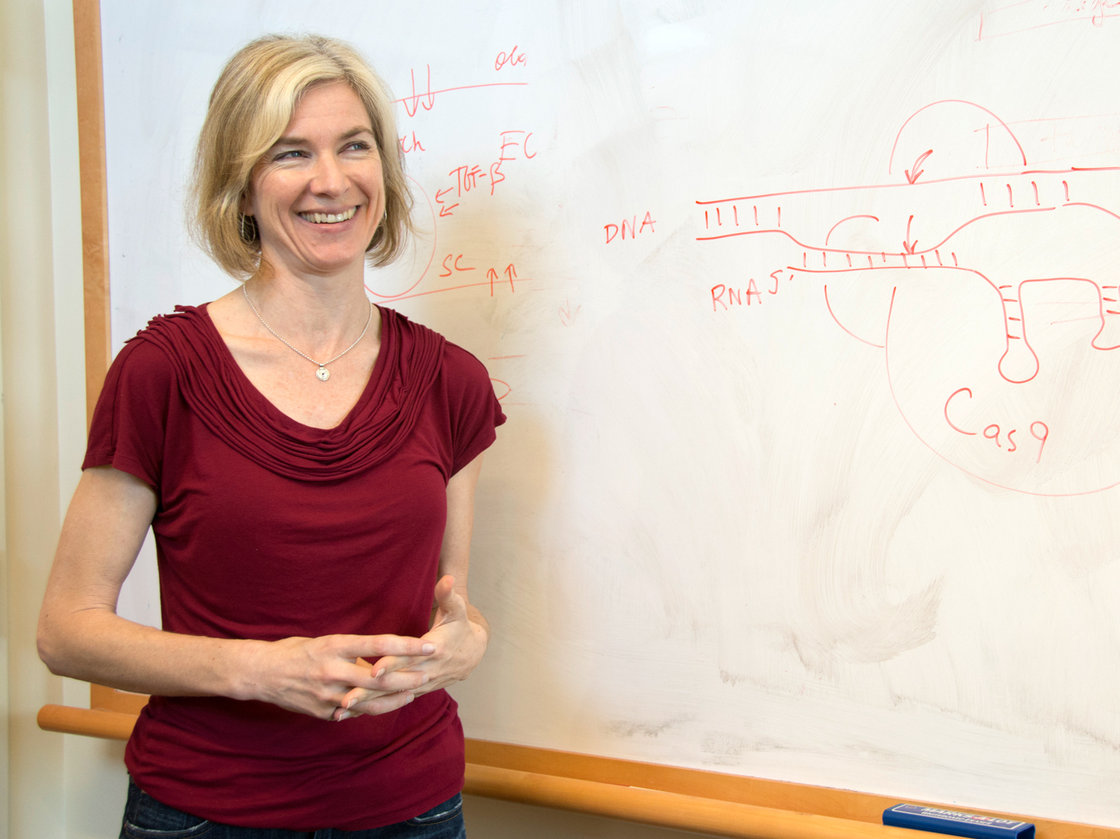 in October informing them they've won a Nobel Prize."
in October informing them they've won a Nobel Prize."
"But I've talked to a lot of Nobel laureates, and they are unanimous on one point: None of them pursued a research topic with the intention of winning the prize."
"That's certainly true for Jennifer Doudna. She hasn't won a Nobel Prize yet, but many are whispering that she's in line to win one for her work on something called CRISPR/Cas9 — a tool for editing genes."
